US economy: fears grow, depression unlikely
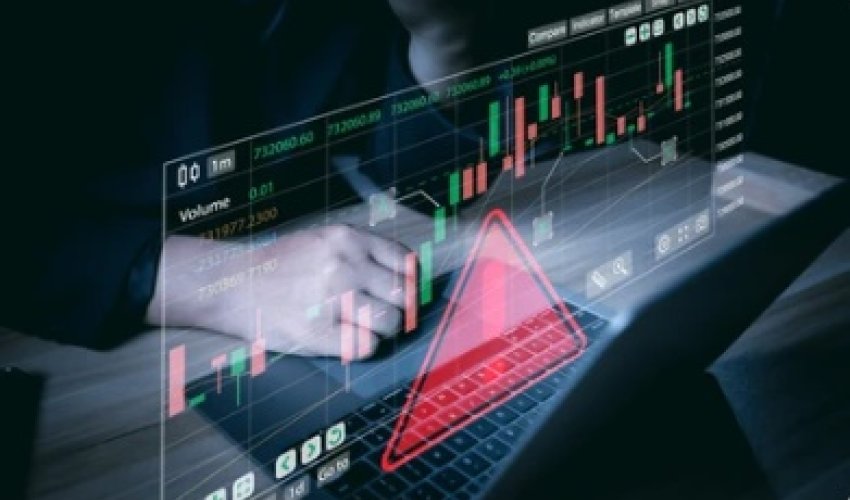
Warnings of an impending financial crash in the United States have gained traction among some economists and market analysts, both in the West and in Russia, who argue that record-high debt levels, inflated asset prices, and tightening monetary policy have created conditions for a sharp correction.
Some even predict that the world is on the brink of entering a new Great Depression — one far worse than that of the 1930s — accompanied by local wars and global chaos.
However, a consensus among major international institutions remains that the global economy faces a period of sluggish growth rather than a full-blown crisis.
Harry Dent, an American economist known for his “everything bubble” hypothesis, has once again forecast a severe market crash in 2025 — one that, he claims, could “make 2008 look like a minor hiccup.” Dent argues that more than a decade of easy money and ultra-low interest rates has fueled the longest asset bubble in modern history, encompassing stocks, real estate, and corporate debt. “Every bubble ends the same way — panic selling and a collapse of confidence,” he wrote in a recent note to investors.
Satyajit Das, a former banker and author of A Banquet of Consequences, shares these concerns, drawing parallels between today’s leverage levels and the speculative excesses of the 1920s. “The combination of debt, financial engineering, and political complacency creates an illusion of stability that can evaporate in weeks,” he warned.
Some analysts, including Moscow-based AMarkets, have gone further, noting that U.S. economic indicators such as slowing GDP growth and rising unemployment resemble early signs of the Great Depression. They suggest that unemployment could reach double digits if the economy enters a broad downturn.
Others point to political risks as potential triggers. Economists at UCLA’s Anderson Forecast warn that full implementation of Donald Trump’s economic program — especially tariff hikes and fiscal expansion — could provoke a deep recession. “The U.S. is not yet in recession,” the group noted, “but structural imbalances are becoming increasingly visible.”
The main causes for concern are mounting. U.S. federal debt has surpassed $36 trillion, and interest payments now exceed national healthcare spending. The federal budget deficit is projected to stay around $5 trillion, limiting Washington’s ability to stimulate growth during a downturn. Meanwhile, a shrinking money supply has tightened liquidity, hurting both investment and consumption.
“The dynamics of U.S. debt have entered a danger zone,” said a senior strategist at a New York investment bank. “Confidence is the only pillar holding the system together — and it’s the easiest one to lose.”
Still, few leading economists foresee a collapse on the scale of the Great Depression. They argue that the modern economy has policy tools unavailable in the 1930s — from aggressive central bank interventions to automatic fiscal stabilizers. “Today’s financial architecture is built to contain crises,” said a senior IMF economist. “The risks are real, but comparisons to 1929 are exaggerated.”
Forecasts from major international organizations reflect this cautious optimism. The IMF expects global GDP growth of 3% in 2025 and 3.1% in 2026, slightly revising its earlier estimates upward. The World Bank projects a more modest 2.3% — the weakest since 2008, excluding recessions — while the OECD forecasts growth around 3.2% next year, with a slight slowdown in 2026.
Private-sector projections are more cautious. Morgan Stanley warns that persistent trade tensions and protectionism could dampen global momentum, while JPMorgan estimates a roughly 40% chance of a U.S. or global recession by the end of 2025.
Analysts note that high interest rates, rising debt, and pockets of financial stress remain key challenges. Business activity surveys show global output declined in September from a 14-month high despite improving expectations, indicating fragile growth. According to S&P Global, corporate defaults have risen intermittently this year but remain close to long-term averages.
Economists foresee a “rolling slowdown” across regions rather than a synchronized downturn — unless a geopolitical shock, market correction, or major debt event occurs. The IMF has urged governments to build reserves and pursue structural reforms, warning that “uncertainty is the new normal.”
For now, the baseline forecast points to stagnation rather than collapse. Policymakers, investors, and consumers may face another year of slow growth and volatility, but not a repeat of the 1930s economic cataclysm — at least not yet. “The right stance is caution, not panic,” one leading economist said. “The system may creak, but it’s unlikely to crumble.”
Azerbaijan Can Shield Its Economy from a Global Downturn Through Diversification and Green Transition
According to economists and government officials, Azerbaijan is preparing a set of strategic measures to protect its economy from potential global shocks, focusing on diversification, improved governance, and accelerating its transition to green energy.
Officials and analysts say the government’s priority is to reduce dependence on oil and gas revenues by developing non-energy sectors such as agriculture, manufacturing, digital services, and export-oriented industries. The strategy also emphasizes support for small and medium-sized enterprises (SMEs) and encouraging entrepreneurship through regulatory reforms that ease market entry and enhance competitiveness.
“Diversification is the key to long-term resilience,” said commentator Toghrul Juvarli. “Global volatility in energy markets means Azerbaijan must look beyond hydrocarbons to achieve sustainable growth.”
The plan calls for large-scale investments in both hard infrastructure — transport corridors, logistics hubs, and industrial parks — and “soft” infrastructure, including innovation ecosystems, financial markets, and corporate governance reforms. Public-private partnerships (PPPs) are expected to play a central role in developing strategic projects such as special economic zones, technology parks, and renewable energy facilities.
A central component of the strategy is a rapid shift toward renewable energy. With significant solar and wind potential, Azerbaijan aims to strengthen its energy grid and expand renewable generation to reduce vulnerability to fossil fuel price swings. The Ministry of Energy has already signed agreements with investors from the United Arab Emirates and Saudi Arabia for large-scale wind and solar projects.
Meanwhile, authorities plan to reform state-owned enterprises to boost efficiency and expand the private sector’s role in the economy. Measures to enhance transparency and improve the regulatory environment are also expected to attract more stable foreign direct investment.
Another priority is strengthening regional trade connectivity. By expanding its role as a transport and logistics hub within the Trans-Caspian International Transport Corridor — also known as the Middle Corridor — Azerbaijan hopes to enhance access to European and Asian markets.
International financial institutions, including the World Bank and the Asian Development Bank, have voiced support for Baku’s diversification agenda, describing it as an essential safeguard against future global downturns.
“Global economic uncertainty isn’t going away,” Juvarli observed. “Azerbaijan’s response — combining diversification, innovation, and green growth — is a pragmatic attempt to build resilience before the next crisis hits.”
Economists say that if these reforms are fully implemented, they could help Azerbaijan build a more balanced and sustainable economy capable of withstanding global financial shocks.
M.Ali



























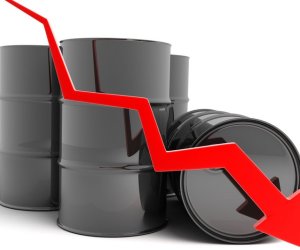
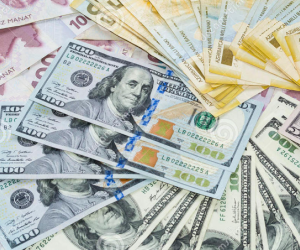

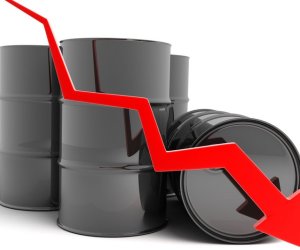

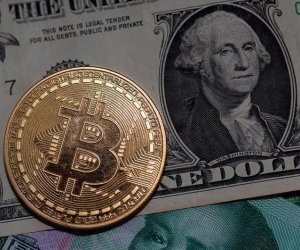



 Photo
Photo 



 Video
Video 

